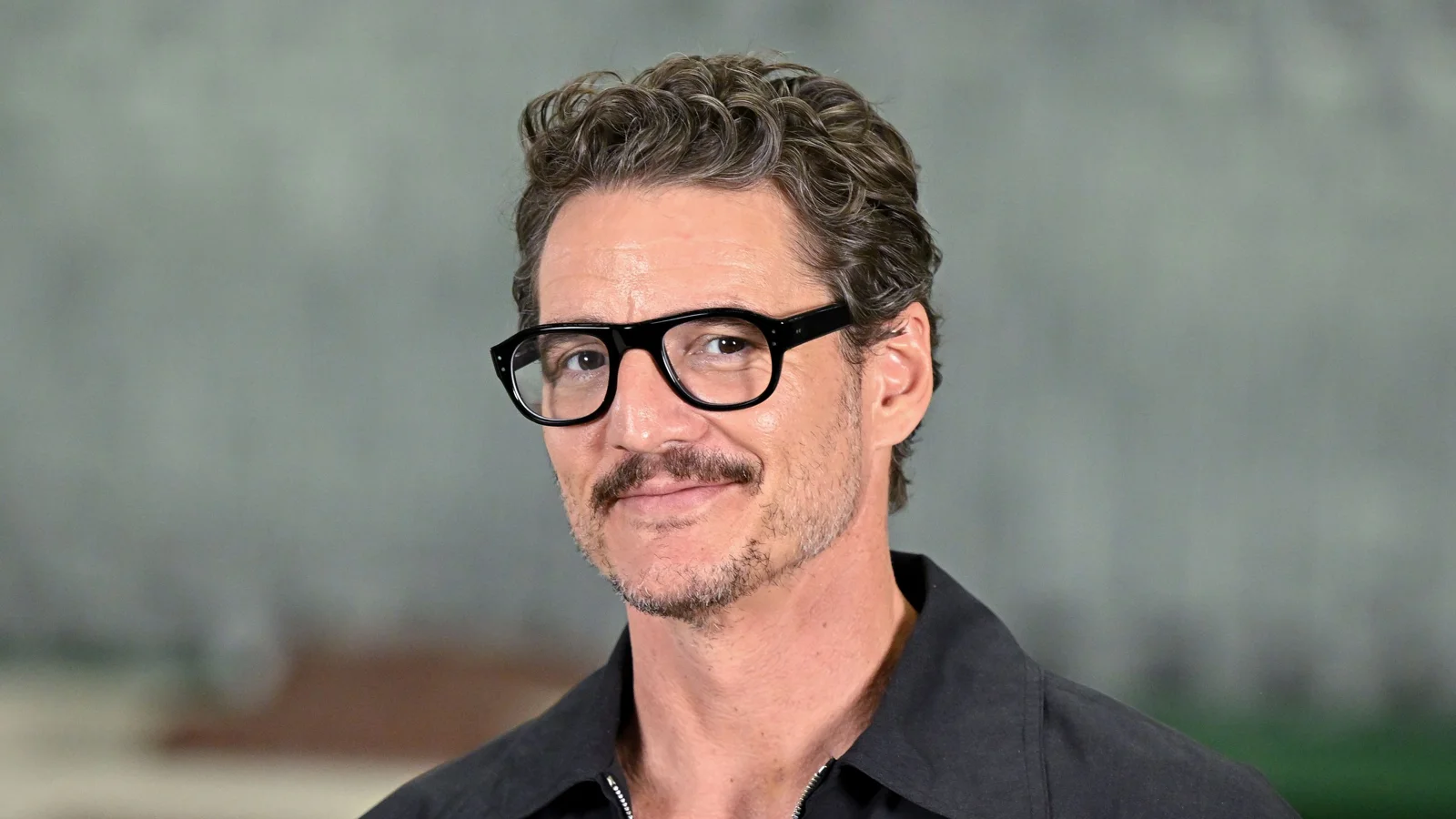China’s film industry stands as one of the world’s most successful and esteemed markets, yet its films often remain difficult for international audiences to access. When a Chinese film targets global viewers, it usually requires a highly skilled director to bridge cultural gaps, a task Zhang Yimou has accomplished with past hits like Hero and House of Flying Daggers. His 2016 film, The Great Wall, became one of the largest international co-productions in modern cinema but sparked significant debate because of its casting choices involving Matt Damon and Pedro Pascal. Despite the backlash, the film has become one of HBO Max’s most-watched action epics, driven in part by the appeal of Pedro Pascal in The Great Wall.
Zhang Yimou defended the casting and creative decisions, emphasizing that Damon’s role was one part of a diverse ensemble. He stated,
“has not and will not cast a film in a way that was untrue”
throughout his career in Chinese-language cinema. Zhang expressed hope that this film, which featured
a film deeply rooted in Chinese culture, with one of the largest Chinese casts ever assembled
and was
being made at tentpole scale for a world audience
, would inspire
a trend that should be embraced by our industry.
While American critics were quick to judge based on casting before seeing the film, many Chinese viewers worried Zhang had shifted focus from arthouse to blockbuster filmmaking. Nonetheless, The Great Wall offers impressive spectacle and cultural insights when approached with understanding.

Story and Characters of The Great Wall
The Great Wall is set during the 11th century under Emperor Renzong and follows two European mercenaries who journey through the east searching for gunpowder. William Garin, portrayed by Matt Damon, and Pero Tovar, played by Pedro Pascal, are captured by Chinese soldiers defending the Great Wall. They learn from Emperor Renzong, played by Karry Wang, that the wall exists to protect humanity from alien creatures known as Tao Tei, which attack every sixty years by descending from a meteorite.
Garin earns his place among the Chinese soldiers after saving the life of young warrior Peng Yong (Lu Han), joining Commander Lin Mae (Jing Tian) and the Crane Troop to defend the wall against the Tao Tei invasion. While Damon’s character was heavily featured in marketing, the film prominently showcases a strong Chinese cast, celebrating the nation’s martial culture.
The film highlights different army units, each led by a distinctive leader reflecting unique combat styles. For instance, General Zhao (Zhang Hanyu) commands the Bear Troop with a forceful, aggressive method, while Lin Mae prefers agile, acrobatic techniques that prioritize saving lives. Despite its fantastical premise, the movie highlights historical Chinese military advancements and technology, such as the use of hot air balloons in the final battle, which underscores the film’s ambition to depict authentic Chinese ingenuity on a grand scale.
Examining the Debate Surrounding The Great Wall’s Representation
Though initially criticized for potentially perpetuating the “white savior” trope due to Gareth’s European viewpoint, The Great Wall handles this theme with nuance. William Garin’s transformation involves abandoning his Western style of warfare in favor of the Chinese emphasis on unity and collective strength, thereby challenging the idea that a foreign hero elevates a culture perceived as inferior. The film carefully contrasts Garin’s individualist, Eurocentric ideals of heroism with the Chinese philosophy that the group’s success outweighs personal glory, fostering a culturally reflective discussion.
This nuanced cultural exchange presents a topic relevant to global audiences, who often wrestle with issues of representation and cultural interpretation in cinema.
Although The Great Wall underperformed commercially and did not spark the hoped-for wave of large-scale international co-productions, it remains a visually striking and thoughtfully crafted action film. Zhang Yimou quickly restored his critical reputation with his next project, Shadow, but The Great Wall was often derided unfairly, even becoming fodder for jokes by hosts like Jimmy Kimmel at the Academy Awards. Despite some flaws in its mythological elements, the film stands as a sincere homage to Chinese heritage, attempting a unique cinematic celebration of one of the world’s most iconic architectural marvels.
Principal Cast of The Great Wall
The Great Wall features a dynamic cast blending Western and Chinese actors. Matt Damon stars as William Garin, an Irish mercenary, while Pedro Pascal portrays Pero Tovar, a Spaniard. On the Chinese side, Karry Wang plays Emperor Renzong, Lu Han acts as the young warrior Peng Yong, Jing Tian appears as Commander Lin Mae, and Zhang Hanyu leads as General Zhao of the Bear Troop. This diverse ensemble supports the film’s ambition to appeal both domestically within China and to international viewers.
Our Reader’s Queries
Q. Why did Pedro Pascal quit The Last of Us?
A. In an Entertainment Weekly interview, Pascal discussed his character’s conclusion on the show. He mentioned that it was always clear the series would closely follow the original material, and that the main responsibility was for season 1.
Q. Can Pedro Pascal actually speak Spanish?
A. Pascal can speak both English and Spanish well. He became good friends with actress Sarah Paulson shortly after he moved to New York City in 1993.
Q. Is Pedro Pascal’s religion?
A. In a 2025 interview with Vanity Fair, Pascal mentioned he and Ramsey are “linked souls.” Pascal describes himself as an agnostic and a progressive liberal.
Q. Can Pedro Pascal have kids?
A. He isn’t married, doesn’t have kids, and doesn’t intend to be a parent. However, he often plays father figures in movies. Fans have created an online persona for him based on these roles.
